U.S. Federal Reserve Governor Christopher Waller called the Trump administration's tariff policy a major shock to the U.S. economy, predicting that risk of recession exceeds the inflation risk, echoing recent warnings by economists.
Waller, speaking at the Certified Financial Analysts Society of St. Louis on Monday, said the new tariff policy is one of the biggest shocks to affect the U.S. economy in many decades, which will likely cause the economic growth to "slow to a crawl", and bring the unemployment rate near 5 percent next year.
Over the past few weeks, the Trump administration has unveiled a series of sweeping tariff moves that have roiled global markets, imposing tariffs of at least 10 percent on all foreign-made goods.
It then paused those duties for dozens of countries for 90 days but ratcheted up levies on China to 125 percent, which was followed by a temporary exemption for smartphones and laptops from planned duties on Chinese imports on Friday.
On Monday, the U.S. administration took steps likely to result in new tariffs on semiconductors and pharmaceutical products, on national security grounds.
"With large tariff increases, I would expect the U.S. economy to slow significantly later this year and this slower pace to continue into next year," Waller said, adding that higher prices from tariffs would reduce spending, and uncertainty about the pace of spending would deter business investment.
The Budget Lab at Yale, a nonpartisan policy research center, estimated on Thursday that all tariffs enacted in 2025 and foreign retaliation could cut U.S. gross domestic product by around 1.1 percent, while increasing the overall price level by 2.9 percent in the short term.
The International Monetary Fund predicted in January that the U.S. economy would grow by 2.7 percent in 2025.
"With a rapidly slowing economy, even if inflation is running well above 2 percent, I expect the risk of recession would outweigh the risk of escalating inflation, especially if the effects of tariffs in raising inflation are expected to be short lived," Waller said.
If the slowdown is significant and even threatens a recession, the Federal Reserve may cut interest rates sooner, and "to a greater extent than I had previously thought", Waller said.
With U.S. tariff policies regularly changing and tariff rollouts full of fits and starts, economists have cautioned that tariffs, if handled recklessly, could tip an already fragile economy into recession — or something much worse.
A recession is generally defined as a significant decline in economic activity that spreads across the economy and lasts more than a few months.
"A recession is two negative quarters of GDP and whether it goes slightly there," Larry Summers, former U.S. treasury secretary, said in a podcast released on Monday.
"We always have those things. We have something that's much more profound. We have a breaking down of the monetary order," he added.
Summers noted that "markets have freaked out" following "the most radical trade policies and probably the most radical, rapid change in economic policies that the United States has announced since the Second World War".
He estimated a better-than-even chance — "six in 10 or better" — that the U.S. enters a recession this year. Summers said he expected that unemployment could rise by 2 percentage points and GDP could shrink by more than $1 trillion.
Summers, a professor of economics at Harvard University, also said that unlike past crises triggered by external shocks, the current turmoil is "self-inflicted", meaning that the instability stems from deliberate policy choices.
"We do things on a Wednesday that we said on Tuesday that we would never do. When you're dealing with someone who shows themselves not to be able to make and keep promises, you operate much more carefully and gingerly, and that's how everybody's going to be operating with respect to the United States," he said.
He noted that the U.S. is now behaving more like an emerging market than a global financial anchor. "That's a pretty profound thing," he said. "It takes decades to build up credibility, but it can be lost in a matter of days or weeks."
Ray Dalio, founder of Bridgewater Associates, also warned that the U.S. economy is teetering on the edge of a recession, driven in large part by the disruptive effects of Trump's tariff policies.
"Right now, we are at a decision-making point and very close to a recession," Dalio said on NBC's Meet the Press on Sunday. "And I'm worried about something worse than a recession if this isn't handled well."
At the heart of Dalio's concern is how tariffs, if applied in a chaotic and unpredictable manner, can act like "throwing rocks into the production system", disrupting global supply chains and raising costs across the board.
"Those impacts … would be enormous in terms of the efficiency of the whole world, great cost," he said.








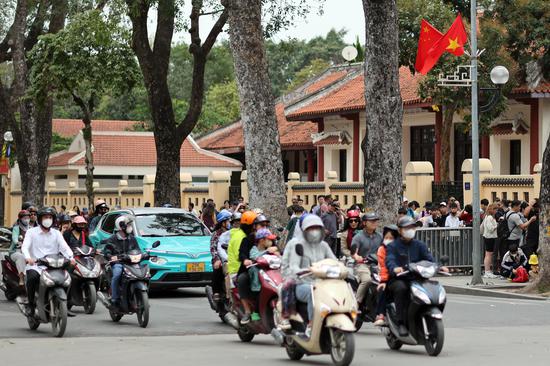
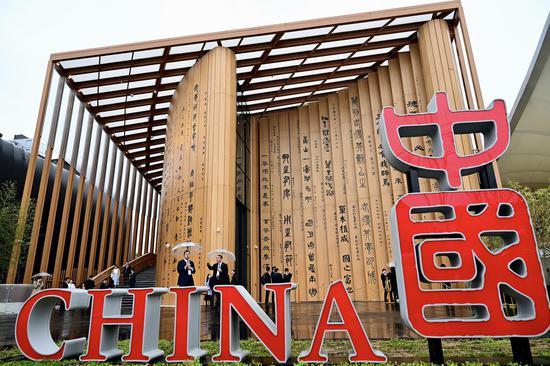

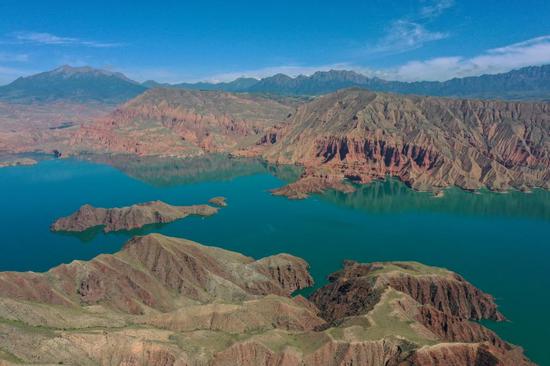
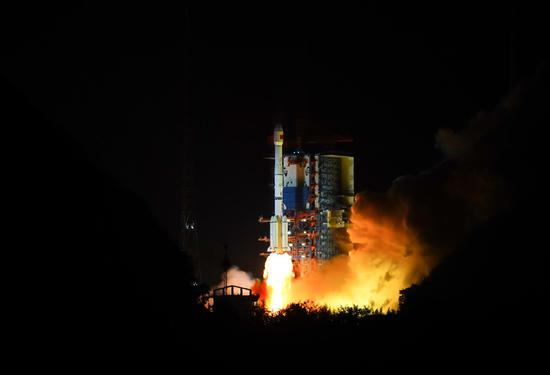
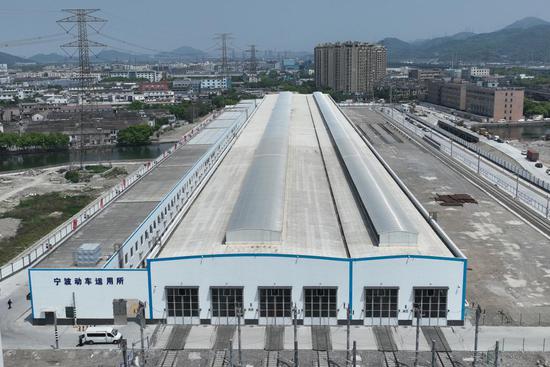

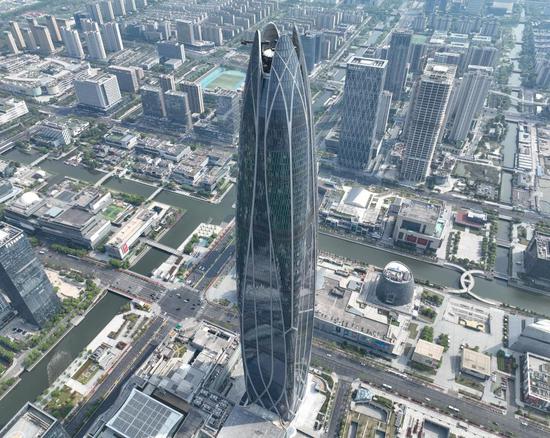

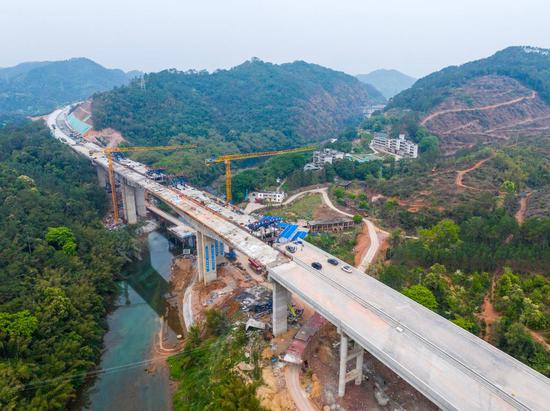

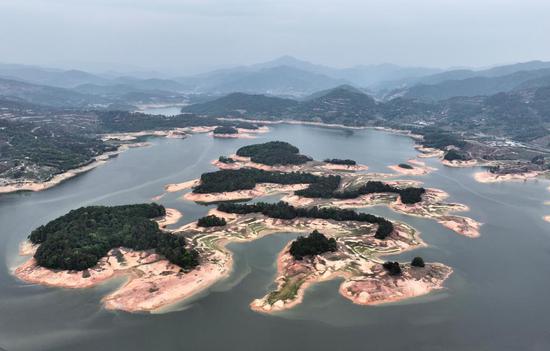

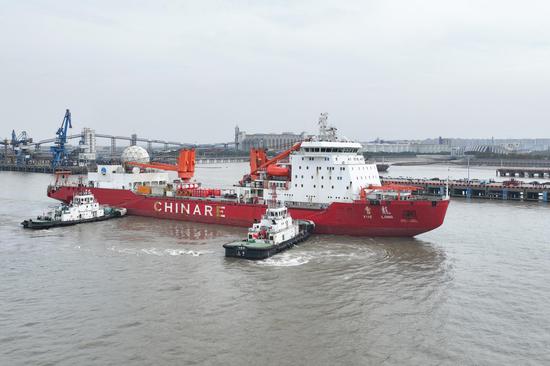
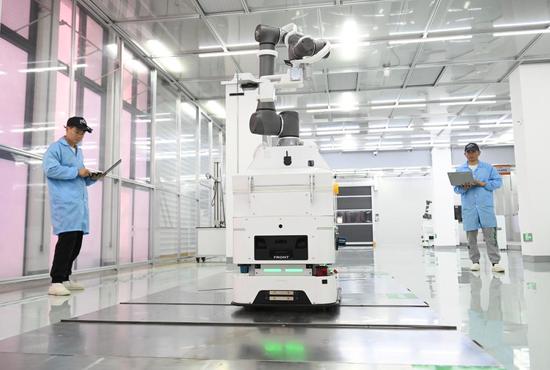
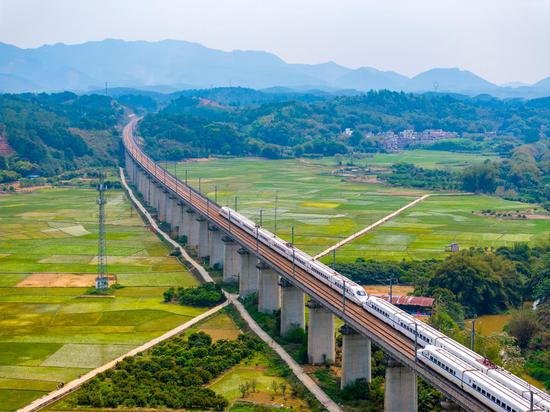

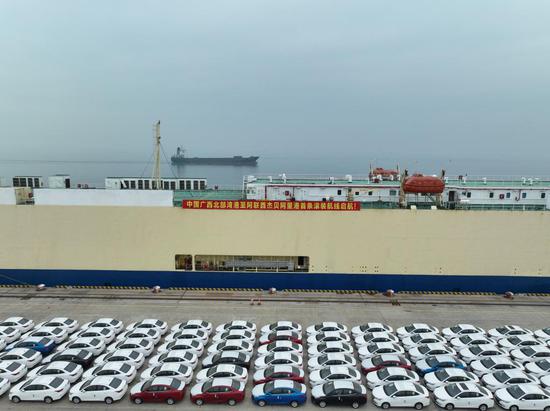
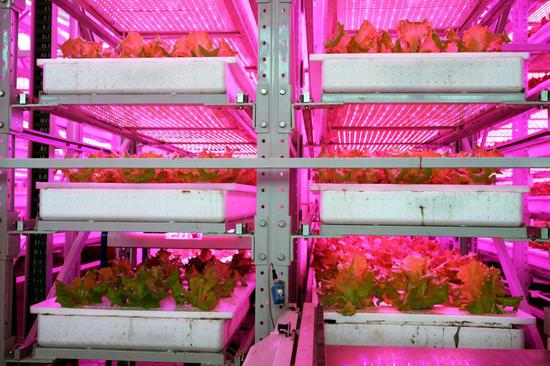


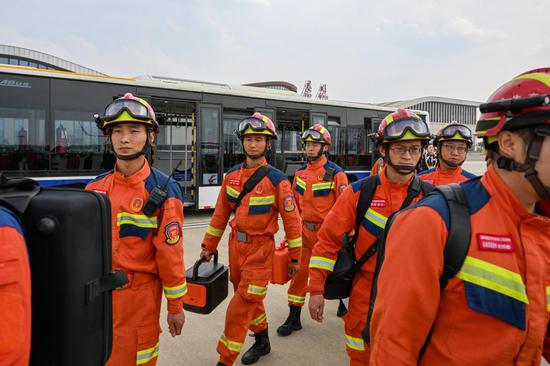
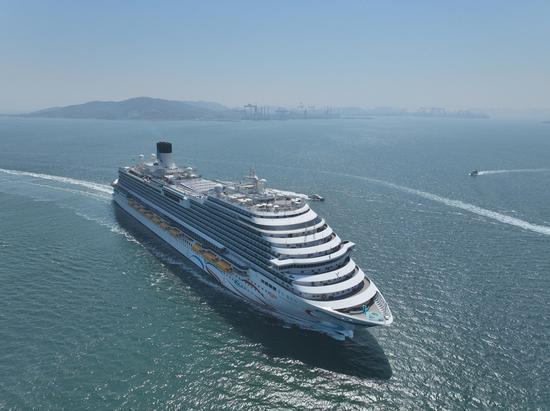


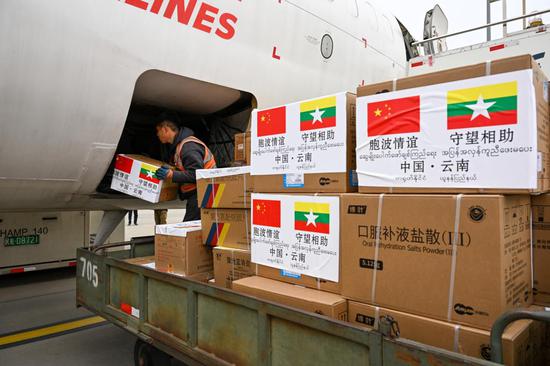


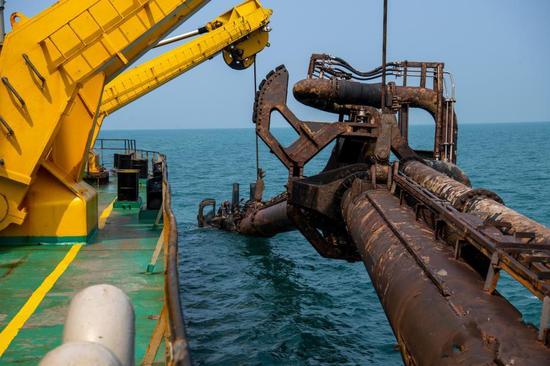
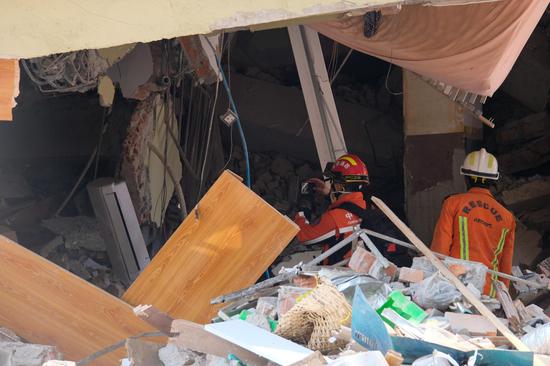


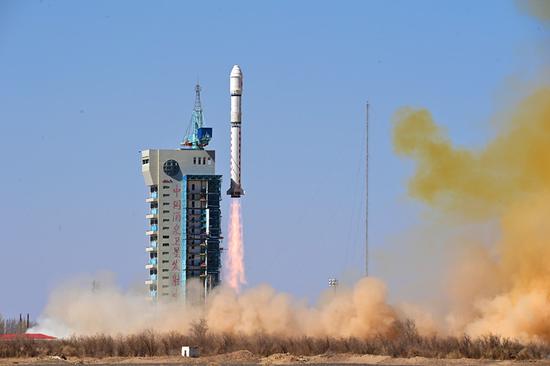
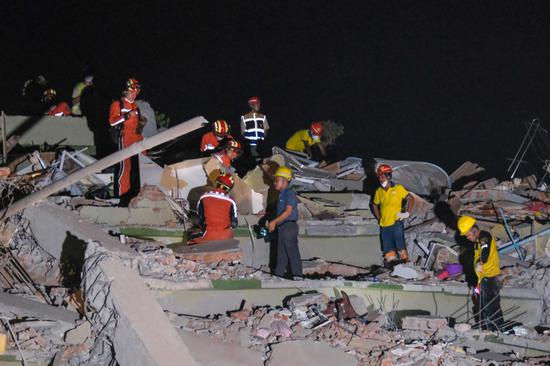
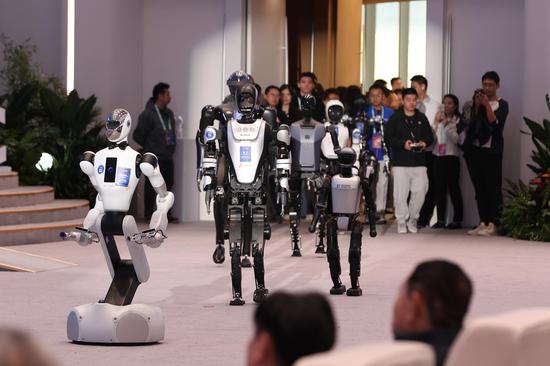

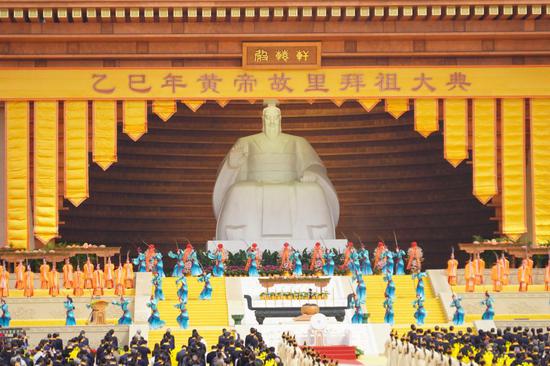

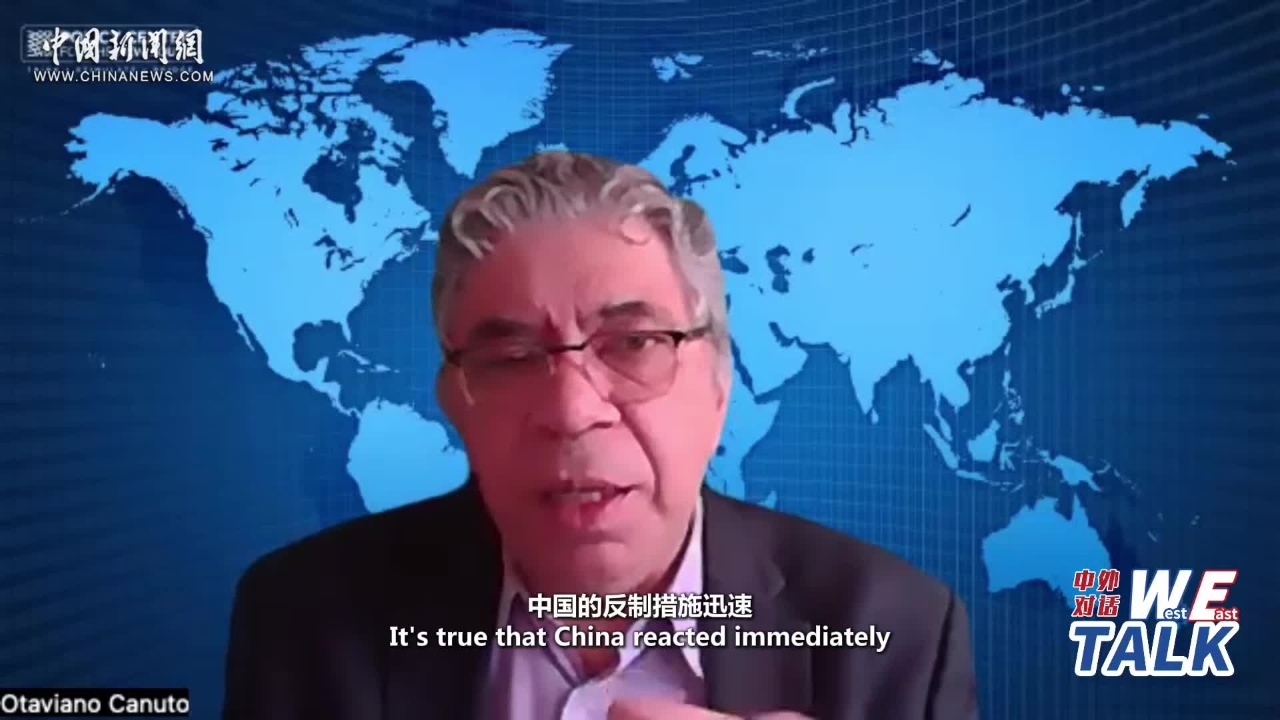



 京公網(wǎng)安備 11010202009201號
京公網(wǎng)安備 11010202009201號